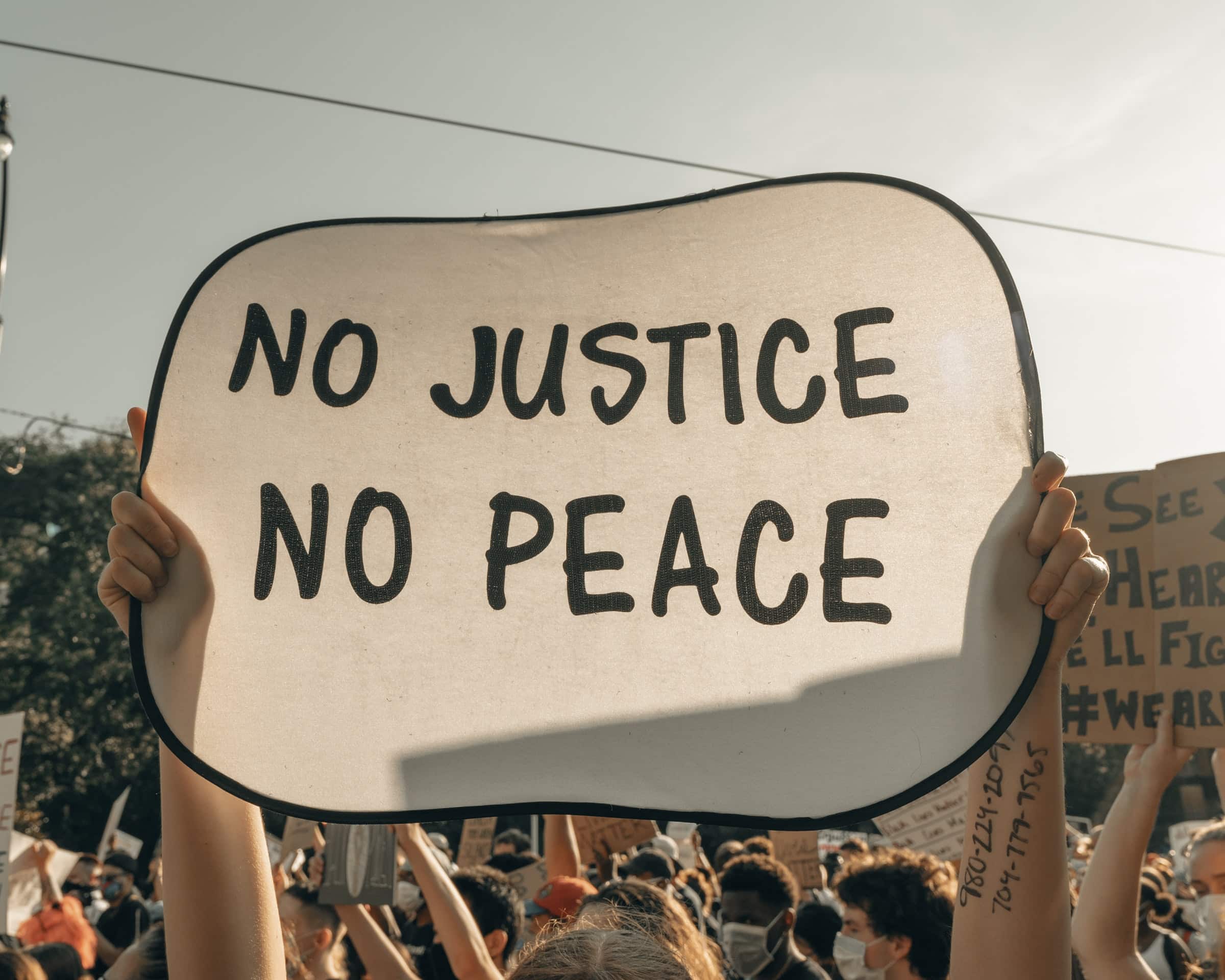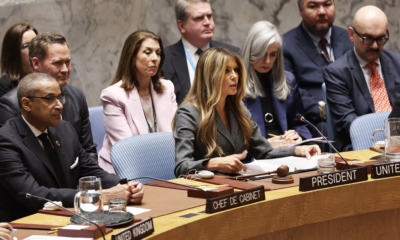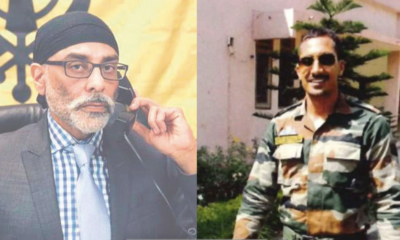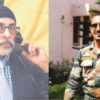Life
Stan Swamy’s Death: No reason for a human rights defender to be denied his rights
Devastated to hear about the death of Stan Swamy in custody, a UN Special Rapporteur Mary Lawlor says there is no reason for a human rights defender to be denied his rights and that his death will forever remain a stain on India’s human rights record.
Lawlor, in an official statement, said Father Swamy’s case should remind all states that human rights defenders and all those detained without sufficient legal basis, should be released. Stan Swamy, 84, a renowned human rights and social justice advocate for over four decades, was arrested in 2020 under the Unlawful Activities (Prevention) Act (UAPA) in connection with the Elgar Parishad-Maoist links case, died at a Mumbai hospital on July 5. “There is no excuse, ever, for a human rights defender to be smeared as a terrorist, and no reason they should ever die the way Father Swamy died, accused and detained, and denied his rights,” Lawlor said.
However, India has rejected international criticism over the handling of Swamy’s case. The Ministry of External Affairs said India remains committed to the promotion and protection of human rights of all its citizens and that the country’s democratic polity is complemented by an independent judiciary and a range of national and state-level human rights commissions.
“Swamy was arrested and detained by the National Investigation Agency following due process under the law. Because of the specific nature of charges against him, his bail applications were rejected by the courts. Authorities in India act against violations of law and not against legitimate exercise of rights. All such actions are strictly in accordance with the law,” the MEA said in a statement.
Also Read: Indian Congress organizes bicycle yatra in Patna to protest rising fuel prices
Lawlor claimed Stan Swamy was jailed last October on “fabricated terrorism charges” and had been “subjected to harassment and repeated interrogations”. “I was devastated to hear that Father Stan, a Jesuit priest who had dedicated much of his life to defending the rights of indigenous people and the Adivasi minority, died in custody on July 5, despite many requests of his release as his health deteriorated in prison,” she said.
In early November 2020, UN experts joined Lawlor in raising his case with the Indian authorities, reminding them of their international human rights obligations. “I now ask again why he wasn’t released, and why he had to die in custody?” she said. Lawlor added that Stan Swamy had been working for decades to protect the rights of Adivasi minority indigenous people and the Dalit minority, in particular, violations involving forced displacement and illegal land acquisitions. “We know that defenders working on environmental, land or indigenous people’s rights are among the most vulnerable to being targeted.”












































